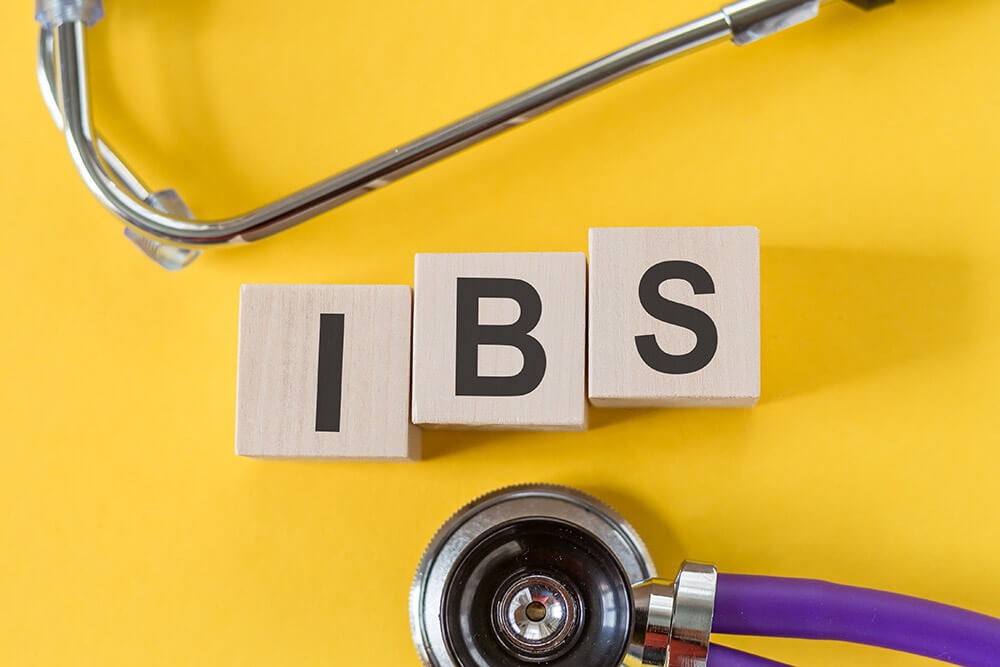What Is Irritable Bowel Syndrome (IBS)?
Irritable bowel syndrome, or IBS, is a common digestive condition that affects the large intestine. It can cause belly pain, gas and bloating, and changes in how you go to the bathroom. You may also hear it called spastic colon or irritable colon.
Common Causes and Risk Factors
- Gut-brain connection: Your gut nerves may overreact to stress
- Food triggers: Sensitivity to certain foods or additives
- Past infection: IBS can follow a severe stomach bug
- Family history: IBS often runs in families
- Hormones: Many women notice symptoms around their period
Signs and Symptoms
- Belly pain or cramps, often relieved by a bowel movement
- Gas or bloating
- Diarrhea, constipation, or alternating between both
- Mucus in the stool
- Worsening of symptoms with stress or certain foods
How Dr. Rishi Chadha Diagnoses Irritable Bowel Syndrome (IBS)
1. Medical History
Dr. Chadha begins by discussing your symptoms, stressors, diet patterns, family history of IBS, and-if applicable-hormonal changes related to your menstrual cycle.
2. Physical Exam
A thorough abdominal exam checks for tenderness, bloating, or any unusual masses, helping to rule out other causes of your discomfort.
3. Lab Tests
Blood and stool analyses screen for infections, inflammation, celiac disease, and other gastrointestinal disorders.
4. Rome IV Criteria
Using the Rome IV symptom checklist, Dr. Chadha confirms an IBS diagnosis based on recurrent abdominal pain, changes in stool frequency or form, and relief after bowel movements.
Frequently Asked Questions
What is IBS?
IBS is a gut condition that causes pain, bloating, and changes in bathroom habits.
Is IBS dangerous?
No. It's not life-threatening but can affect daily life.
What triggers IBS?
Common triggers are stress, hormones, and certain foods.
Is IBS lifelong?
Yes, but symptoms can come and go.
Can stress cause symptoms?
Yes. Stress can make gut nerves more active.
What foods should I avoid?
High-FODMAP foods like garlic, onions, and certain fruits.
Does fiber help?
Soluble fiber can help. Insoluble fiber may cause more symptoms.
Are there tests for IBS?
Yes. Blood and stool tests help rule out other issues. Rome IV criteria confirm IBS.
Can kids get IBS?
Yes. IBS can happen at any age.
Is surgery needed?
No. Most people don-t need surgery for IBS.











